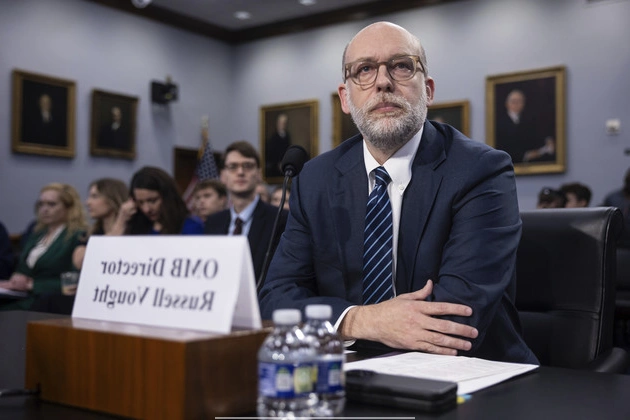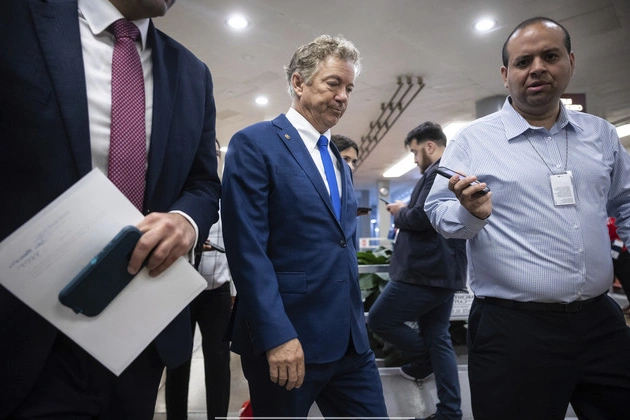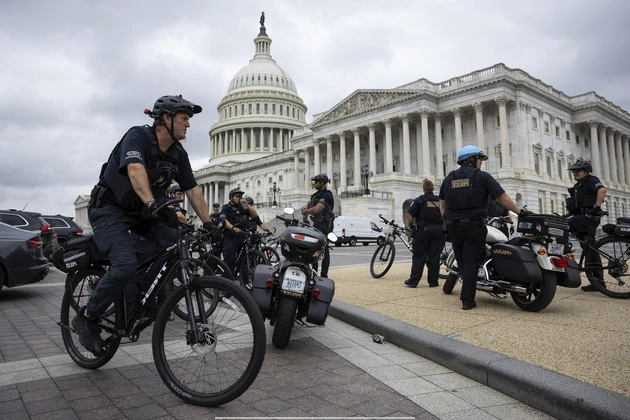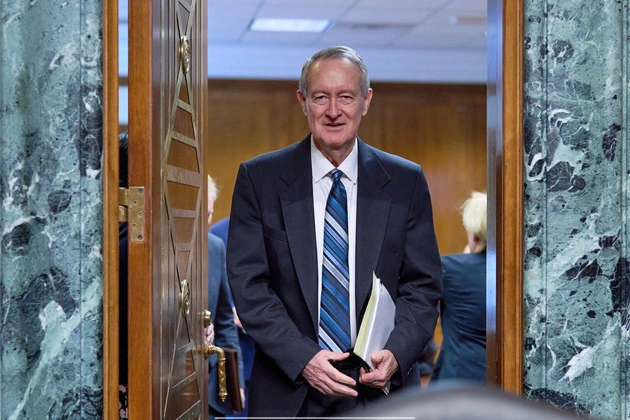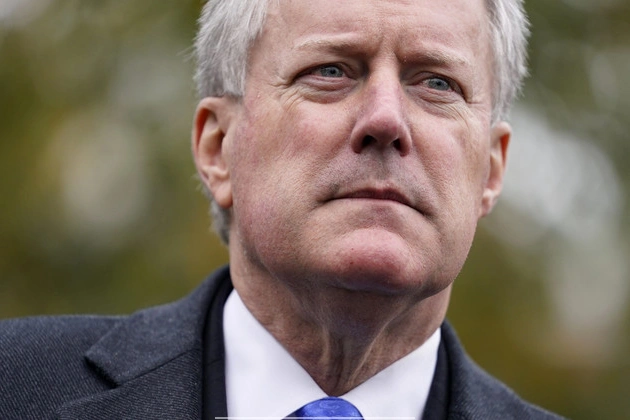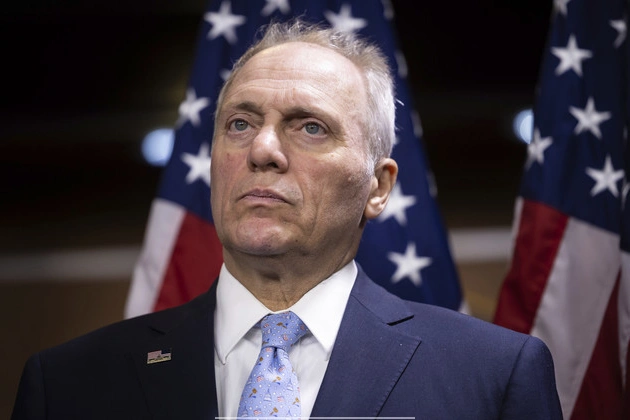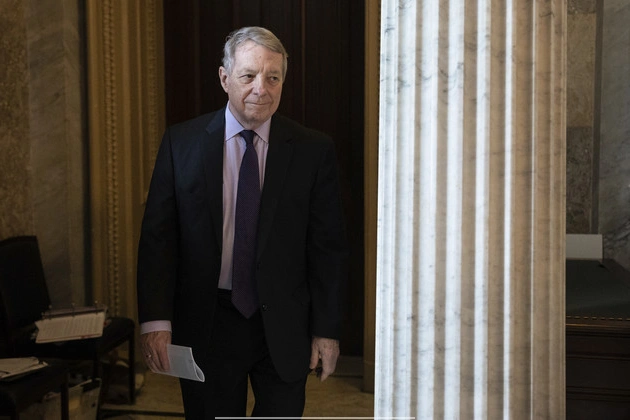
Generational change is on the horizon for Senate Democrats as the debate over leadership shifts intensifies within the party. The impending decision of Sen. Dick Durbin, the party’s second-in-command, on whether to seek reelection could mark a significant turning point. With the Senate Democratic Caucus boasting a median age of 66, Durbin’s potential retirement at 80 could pave the way for fresh faces to ascend the leadership ladder, injecting new energy into the party.
The Rise of New Voices
A modest shift towards inclusivity and youthfulness is already evident, with outspoken and media-savvy newcomers making their mark. Sen. Tim Kaine (D-Va.) emphasizes the importance of youthful energy in caucus leadership, heralding the proactive stance of newer members in shaping the party’s direction.
In the event of Durbin’s retirement, 52-year-old Sen. Brian Schatz emerges as a probable successor, eyeing a future leadership role within the caucus. While Schatz harbors ambitions for higher office, particularly within the caucus, he refrains from challenging Sen. Chuck Schumer’s leadership, opting to bide his time for strategic opportunities.
Shaping the Leadership Landscape
Senators like Amy Klobuchar and Cory Booker have also assumed more prominent positions within the caucus hierarchy, signaling a gradual transition towards a more diverse and dynamic leadership team. Schumer’s efforts to empower younger members reflect a broader strategy of fostering talent and innovation within the party.
Durbin’s potential departure underscores a pivotal moment for Senate Democrats, prompting speculation and anticipation among party insiders and constituents alike. As the political landscape evolves, a new generation of leaders stands poised to steer the party towards a more progressive and inclusive future.
Looking Ahead
As Senate Democrats navigate internal tensions and external challenges, the imperative for strategic messaging and cohesive action remains paramount. Schumer’s advocacy against Trump’s policies and proactive stance on nominee holds underscore the party’s commitment to principled opposition and effective governance.
Booker’s recent marathon speech epitomizes the call for bold and innovative approaches to contemporary issues, sparking discussions on his potential leadership trajectory. While the future leadership dynamics within the Senate Democratic Caucus remain fluid, the commitment to adaptability and forward-thinking remains unwavering.






